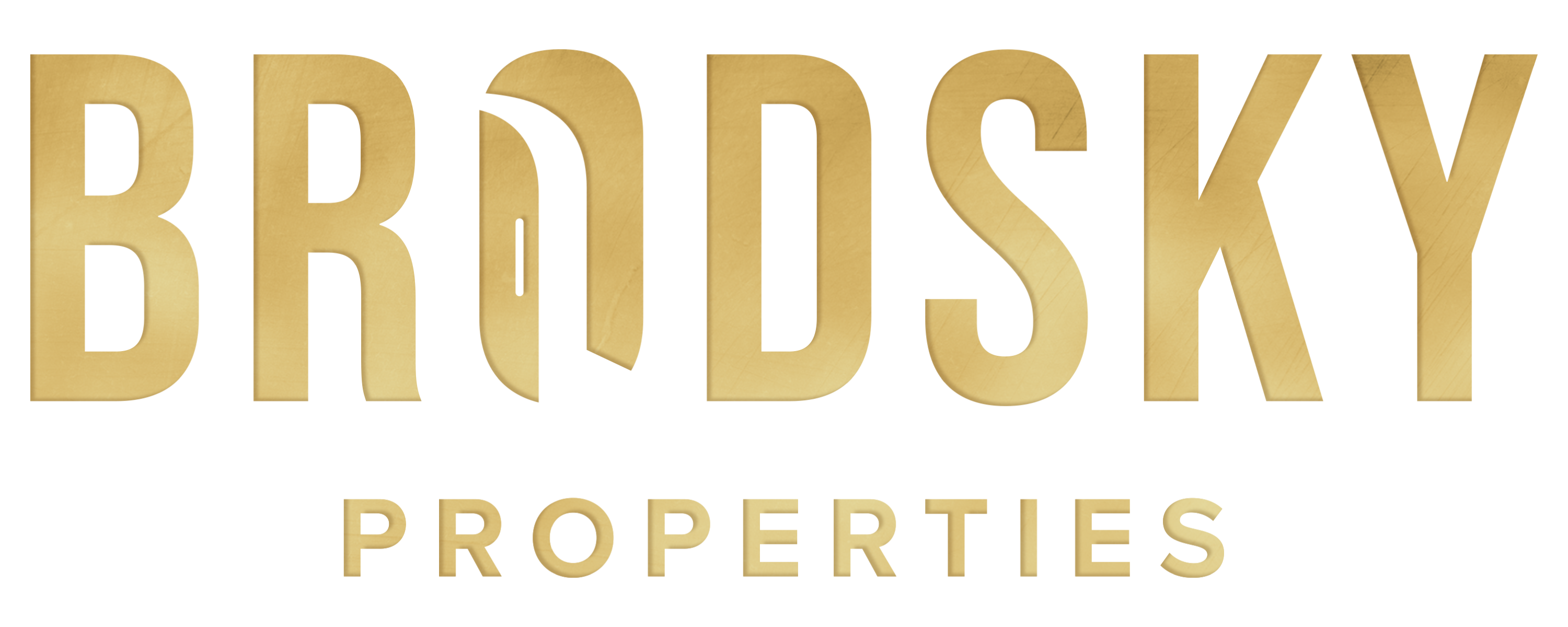Mortgage Brokers and Lenders – Who Does What?
The mortgage broker is the person or company who is your main contact throughout your loan. They are often able to work with a number of lenders, who actually provide the funds for the loan. Typically, the lender pays the mortgage broker a fee for acting as the intermediary and providing all the customer service.
Filling Out the Application
There are standard forms to be completed when applying for a loan. Some mortgage brokers keep these on their website so you can fill out and submit the forms on line. The information will be verified and used to qualify you for your loan, so take the time to answer questions accurately.
Documentation
The mortgage broker will need copies of the documents you began gathering in the first phase of the loan process, including:
- Either 2 years of W-2 forms from your employer or 2 years of tax returns if you are self-employed
- Recent pay stubs
- 3 months bank and money market statements
- Brokerage, mutual fund and retirement account statements
- Proof of other income sources (alimony, trusts, rental income, etc.)
- Credit card statements
- Auto /boat / student / miscellaneous loans
- Drivers’ license or form of ID
- If you’re not a US citizen, then copy of your green card or visa
- Copy of any existing mortgage debts if you are applying for a home equity line of credit or another mortgage
Stay in Communication
The lender will have an analyst, usually called an "underwriter", crunch your numbers and verify your documentation to confirm your ability to repay the loan. Once you are in contract on a property, there may
also be a loan approval committee which will meet to review the underwriters’ conclusions regarding your creditworthiness, and to evaluate the property on which they are lending. This is called the underwriting process, and questions
are bound to arise. Be sure to return your mortgage broker’s calls promptly to keep the process moving forward smoothly. Check in with your broker periodically.

